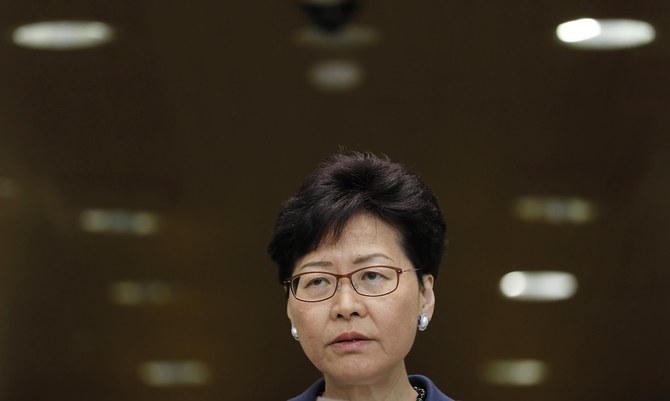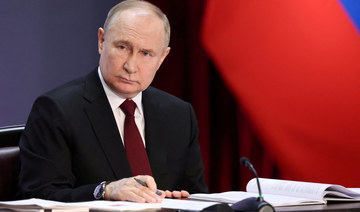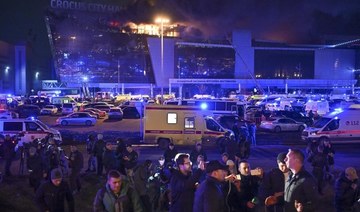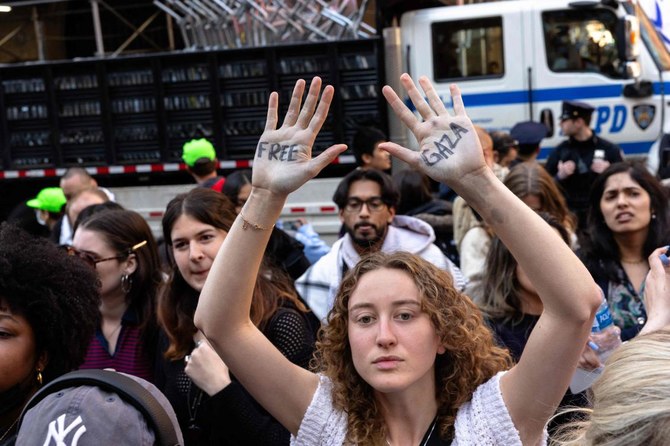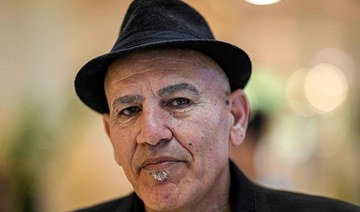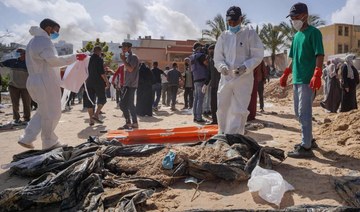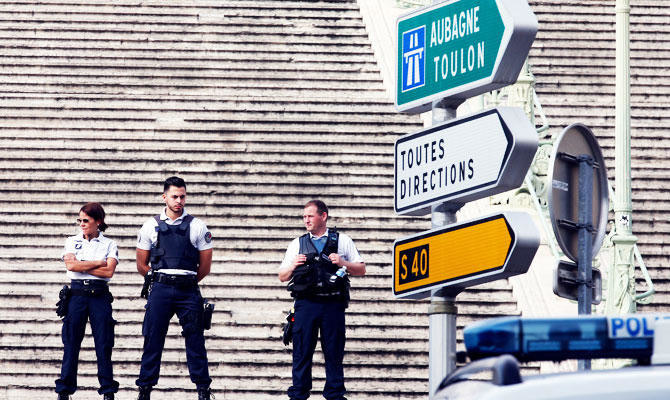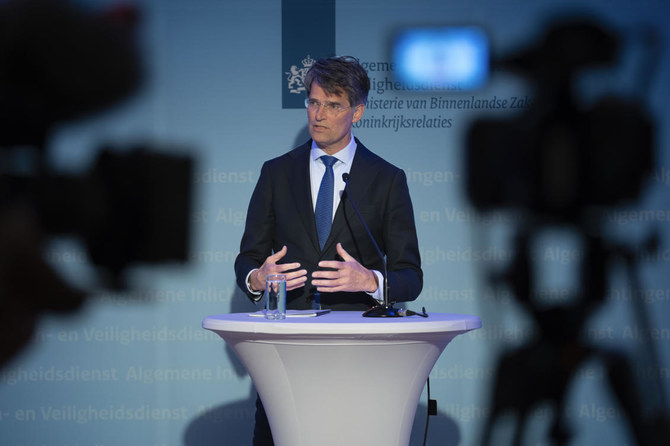HONG KONG: Hong Kong’s pro-Beijing leader on Monday refused to scrap a controversial plan to allow extraditions to the Chinese mainland, a day after huge crowds came out to oppose the proposal.
Striking a defiant tone after the city’s largest protest since the 1997 handover, chief executive Carrie Lam said the legislature would debate the bill on Wednesday as planned, rejecting calls to delay or withdraw the law.
The decision sets her administration on a collision course with opponents who have vowed to ramp up their protests if their demands are not met.
Sunday saw huge crowds march in blazing summer heat through the streets of the financial hub’s main island in a noisy, colorful demonstration calling on the government to scrap its planned extradition law.
Organizers said as many as a million people turned out — the largest protest in three decades and the biggest by far since the city’s return to Chinese rule.
Lam’s government is pushing a bill through the legislature that would allow extraditions to any jurisdiction with which it does not already have a treaty — including mainland China.
Authorities say it is needed to plug loopholes and to stop the city being a bolthole for fugitives.
But the proposals have birthed an opposition that unites a wide cross-section of the city with critics fearing the law will entangle people in China’s opaque and politicized court system.
In her first comments since the mass rallies, Lam said she had no plans to delay or change the law.
She denied ignoring the huge public backlash and said her administration had already made major concessions to ensure the city’s unique freedoms would be protected and that human rights safeguards met international standards.
“I and my team have not ignored any views expressed on this very important piece of legislation. We have been listening and listening very attentively,” she said.
“I’ve not received any instructions or mandate from Beijing to do this bill,” she added.
Sunday’s huge rally passed without incident until shortly after midnight when small pockets of protesters fought running battles with police in chaotic and violent scenes.
Hong Kong police chief Stephen Lo blamed masked demonstrators for trying to “storm” the parliament and vowed to pursue those who were involved.
“This is not freedom of speech or the expression of opinions,” he told reporters Monday after visiting officers who had been injured.
“We the police will definitely get to the bottom who took part in tonight’s violent protests,” he added.
Hong Kong has been convulsed by political unrest in recent years as fears soar that a resurgent Beijing is trying to quash the international financial hub’s unique freedoms and culture.
Under the 50-year handover deal with the British, China agreed to a “one country, two systems” model where Hong Kong would keep freedom of speech and assembly rights that are unheard of on the authoritarian mainland.
But many locals believe Beijing is now reneging on that deal, aided by the city’s loyalist local government, especially since Xi Jinping became China’s leader.
In 2014 mass democracy protests calling for the right to directly elect Hong Kong’s leader paralyzed parts of the city for more than two months with frequent clashes between police and demonstrators.
Two years later violent clashes broke out in the crowded district of Mongkok when police tried to close down unlicensed street vendors. Key protest leaders have since been jailed or barred from politics.
Many young Hong Kongers have hardened their attitudes toward China after failing to win any concessions since the 2014 protests and the violence after Sunday’s rally fits a now familiar pattern.
Protest leaders said they planned to respond to Lam’s comments later on Monday but they had previously said they would “escalate actions.”
Senior Chinese party leaders have spoken out in support of the extradition bill but so far Beijing has remained silent on Sunday’s huge rally.
In an editorial, Beijing’s state-run China Daily called the law a “sensible, legitimate” piece of legislation and blamed the protests on “foreign forces.”
“Unfortunately, some Hong Kong residents have been hoodwinked by the opposition camp and their foreign allies into supporting the anti-extradition campaign,” the paper wrote.






